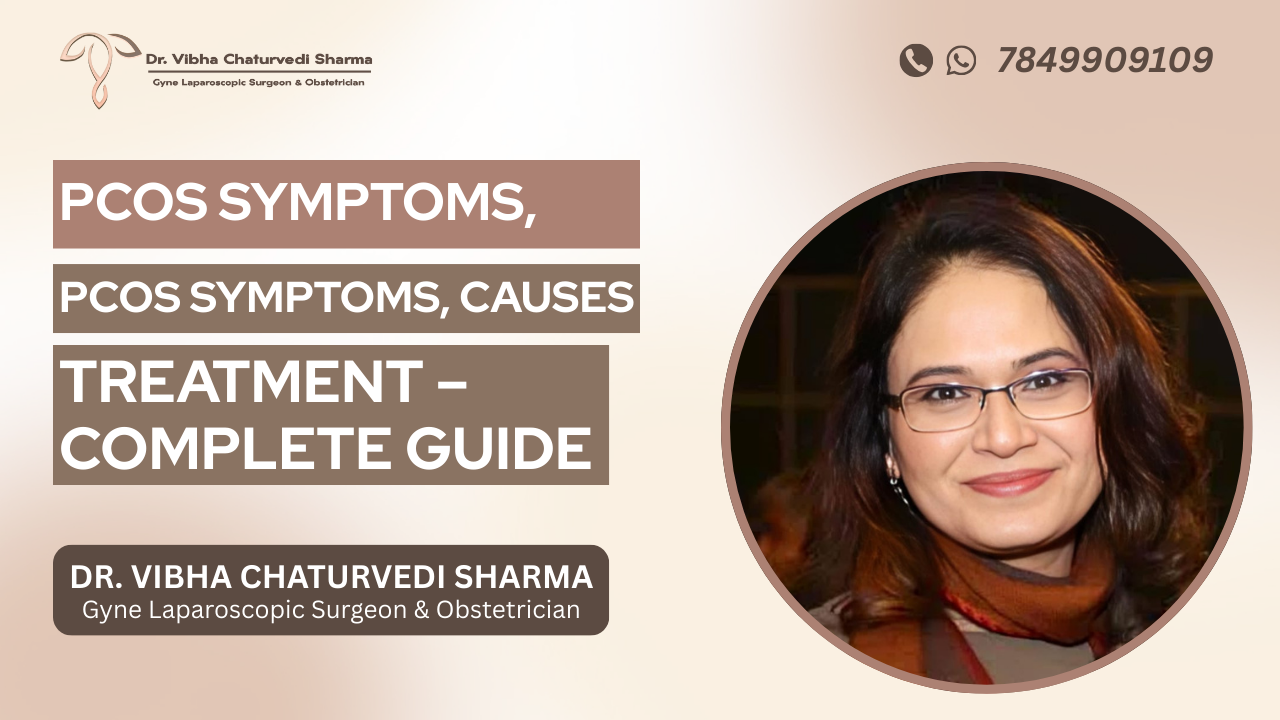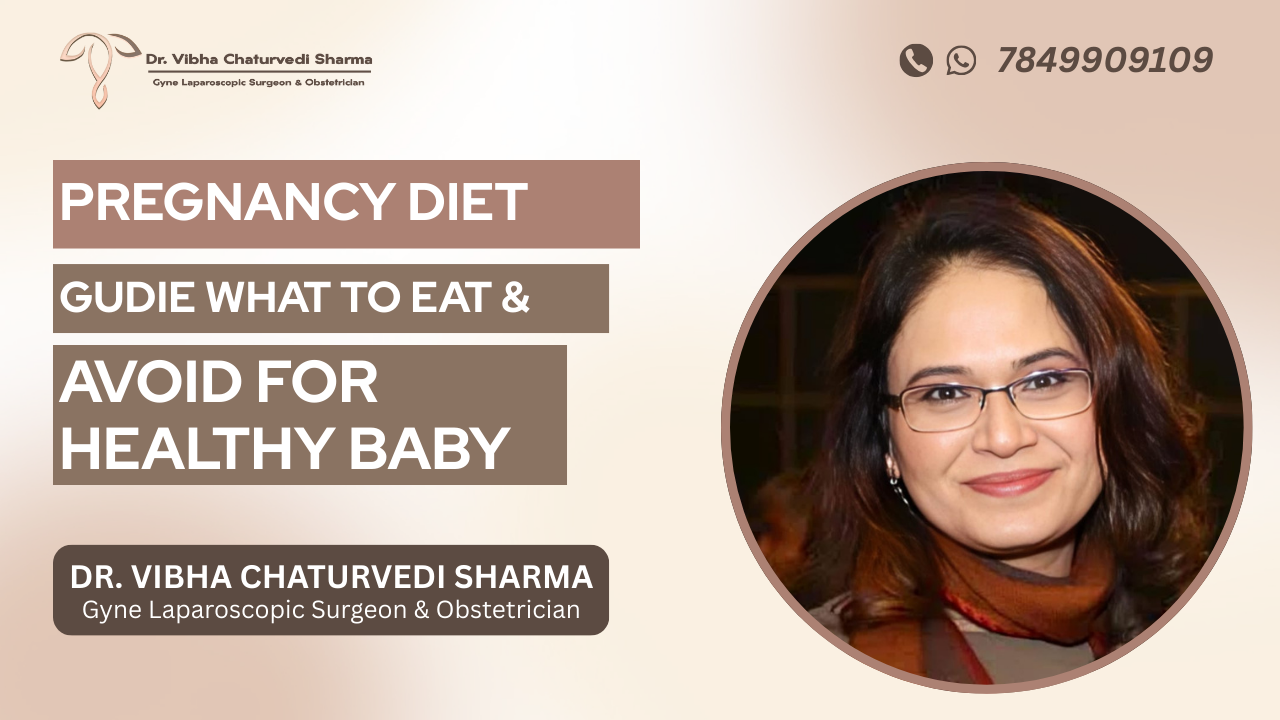Introduction
Pregnancy is a journey filled with joy and anticipation, but for some, it comes with challenges. High-risk pregnancies require extra care to ensure the safety of both mother and baby. Understanding what constitutes a high-risk pregnancy can empower expectant mothers to take the necessary precautions.
What Makes a Pregnancy High-Risk?
Maternal Health Conditions
Certain pre-existing health conditions can increase pregnancy risks:
- Hypertension: High blood pressure can lead to complications like preeclampsia.
- Diabetes: Poorly controlled diabetes can affect fetal growth and lead to delivery complications.
Pregnancy-Related Issues
- Preterm Labor: Delivering before 37 weeks can pose risks to the baby.
- Placental Problems: Issues like placenta previa can cause bleeding and delivery complications.
Fetal Concerns
- Growth Restrictions: When the baby doesn’t grow as expected, it could indicate underlying issues.
- Genetic Conditions: Chromosomal abnormalities like Down syndrome can classify the pregnancy as high-risk.
Risk Factors of High-Risk Pregnancy
Maternal Age
- Women under 17 or over 35 have an increased likelihood of complications.
Lifestyle Factors
- Smoking, excessive alcohol, and drug use during pregnancy heighten risks.
Previous Pregnancy Complications
- A history of miscarriage, stillbirth, or preterm delivery may signal higher risks in future pregnancies.
Symptoms Indicating High-Risk Pregnancy
- Severe abdominal pain
- Persistent headaches
- Excessive swelling in the hands or feet
- Decreased fetal movements
If you experience any of these, reach out to your healthcare provider immediately.
Diagnosis and Monitoring
Prenatal Tests for High-Risk Pregnancies
- Ultrasounds: To monitor fetal development and placental health.
- Blood Tests: To check for genetic or metabolic conditions.
- Amniocentesis: If chromosomal abnormalities are suspected.
Importance of Regular Check-ups
Frequent doctor visits are vital to detect and manage complications early.
Managing High-Risk Pregnancy
Lifestyle Changes
- Nutrition: Opt for a balanced diet rich in vitamins and minerals.
- Exercise: Follow a tailored routine advised by your doctor.
Medications and Treatments
- Take prescribed medications to control conditions like hypertension or diabetes.
The Role of a Specialist
A maternal-fetal medicine (MFM) specialist is trained to handle complications. Their expertise ensures better outcomes for complex pregnancies.
Preparing for Delivery in High-Risk Cases
Collaborate with your healthcare team to decide the safest delivery method. Have a plan in place for emergency scenarios like preterm labor.
Coping with Emotional Stress
High-risk pregnancies can be emotionally taxing. Seek support from loved ones and consider professional counseling if needed.
Preventive Measures
Steps to Reduce the Chances of High-Risk Pregnancy
- Manage chronic conditions like diabetes or hypertension.
- Maintain a healthy lifestyle before conception.
Importance of Preconception Care
Consult a doctor before planning pregnancy to address potential risks.
Conclusion
A high-risk pregnancy may sound overwhelming, but with proper care, monitoring, and a strong support system, many women deliver healthy babies. Knowledge, preparation, and collaboration with healthcare professionals are key to navigating this journey successfully.
Contact Information:
Phone: 78499 09109
Location: SURYA HOSPITALS C -8, B-7, Sawai Ram Singh Rd, opposite SMS HOSPITAL, Jaipur





